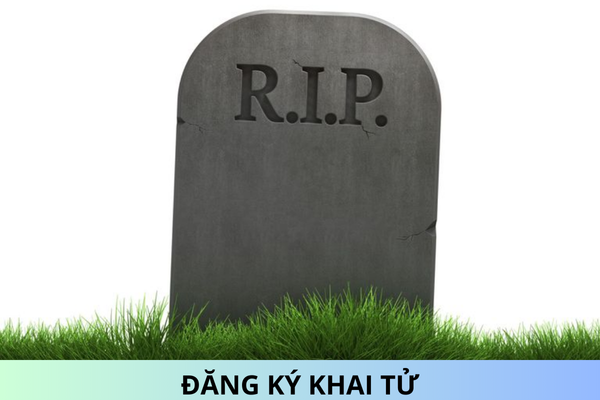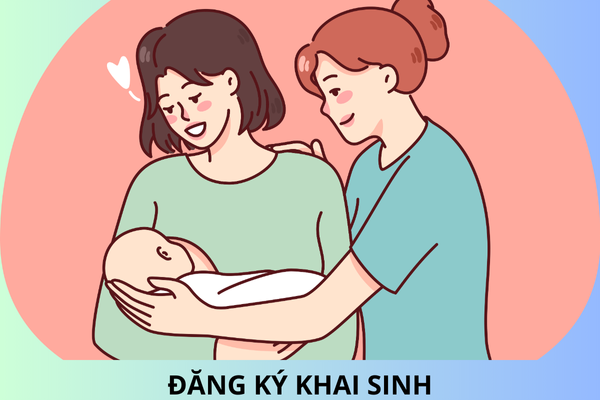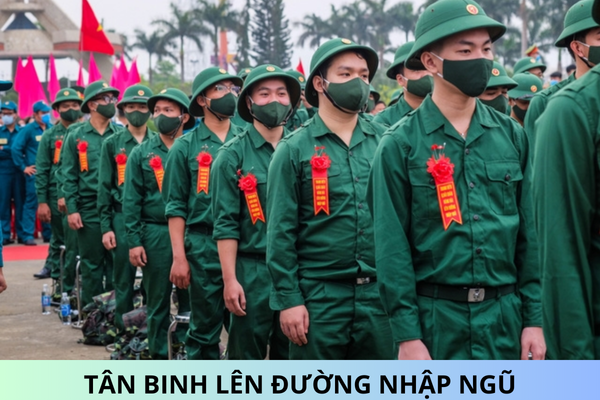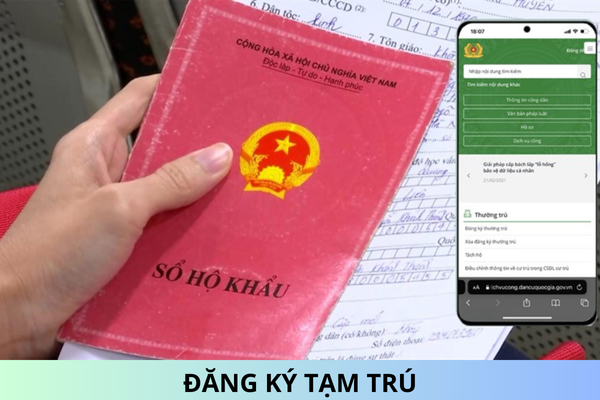Is it permissible to install a window opening onto the neighboring house in Vietnam?
Is it permissible to install a window opening onto the neighboring house in Vietnam? What are prohibited acts for housing in Vietnam?
Hello Lawnet. I bought a piece of land and planned to build a house on it. I want to ask about the regulations on installing doors and windows opening onto adjacent houses in Vietnam. Thank you!
Is it permissible to install a window opening onto the neighboring house in Vietnam?
Pursuant to Article 178 of the Civil Code in 2015 stipulating installing doors and windows opening onto adjacent immovable property as follows:
1. A house owner may only install entry and exit doors and windows opening onto adjacent houses or opposite houses and common walkways in accordance with the law on construction.
2. The underside of awnings above entry and exit doors or the underside of awnings of windows opening onto common walkways must be at least two point five (2.5) meters above the ground.
As regulations above, it is permisssible to install entry and exit doors and windows opening onto adjacent houses or opposite houses and common walkways. However, you must comply with the law on construction.
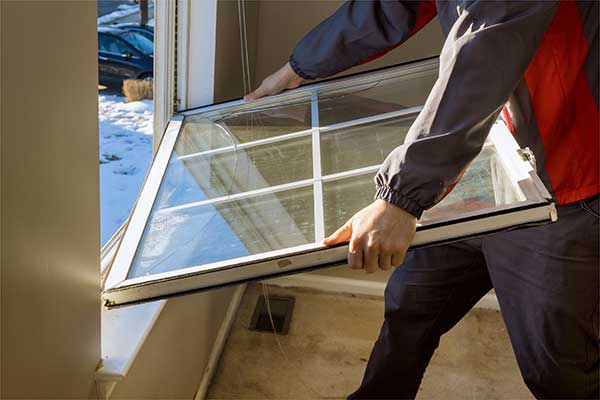
Is it permissible to install a window opening onto the neighboring house in Vietnam? - Image from Internet
What are prohibited acts for housing in Vietnam?
Pursuant to article 6 of the Law on Housing in 2014 stipulating prohibited acts as follows:
1. Infringing the homeownership of the State, organizations, households or individuals.
2. Obstructing the fulfillment of state management of housing, exercise of rights and fulfillment of obligations of the organization, household, or individual in terms of the homeownership, use of housing and housing-related transactions.
3. Introducing policies on residential construction projects or residential construction projects in contravention of approved residential construction planning, residential development planning.
4. Building houses on the pieces of land other than residential land; build houses in contravention of standards for design standards, housing area standards applied to each type of houses as prescribed. Applying the incorrect calculation of floor area prescribed in law on housing sale or specified in the lease purchase agreement.
5. Illegal appropriation of housing areas; encroaching upon the space and facilities under common areas or ownership of other owners in any shape or form; arbitrarily change the bearing structure or change the design of private areas in the apartment building.
6. Using the common areas and facilities under joint ownership or joint use for private purposes; use common areas or the areas for service provision in a mixed-use building for improper purposes against the approval of residential construction project or the approved project, unless such area is permitted to change purposes by a competent agency.
7. Using mobilized capital or advance payments for housing development for improper purposes.
8. The investor in a residential construction project authorizing or assigning the parties involved in investment cooperation, joint venture, association, capital contribution or other organizations, individuals to conclude agreements on housing lease, lease purchase, sale, deposit agreements on housing-related transactions or agreement on trading of land use rights in projects.
9. Making transactions in housing sale or transfer of housing sale agreement, housing lease, lease purchase, gifting, exchange, inheritance, mortgage, capital contribution, lending, and permission for stay or authorization for housing management not in accordance with this Law.
10. Renovating, expanding, demolishing the houses under agreements on housing lease, lease purchase, lending, permission for stay, or authorization of housing management without the consent of the homeowner.
11. Using the apartments not for residential purposes; using the area for business purposes in the apartment building under approved project for trading flammable materials, explosives, providing services causing environmental pollution, noise or negative effects on the lives of households and individuals in the apartment building as prescribed in regulations of the Government.
12. Using the separate houses for trading flammable materials, explosives, providing services causing environmental pollution, noise or other operations or negative effects on the lives of households and individuals in the apartment building as prescribed in regulations of law on requirements for business.
13. Providing information about housing inaccurately, untruthfully, unconformably with regulations or requests of the competent agencies; destroy or falsify information in the database of housing managed by the competent agencies.
Best regards!

